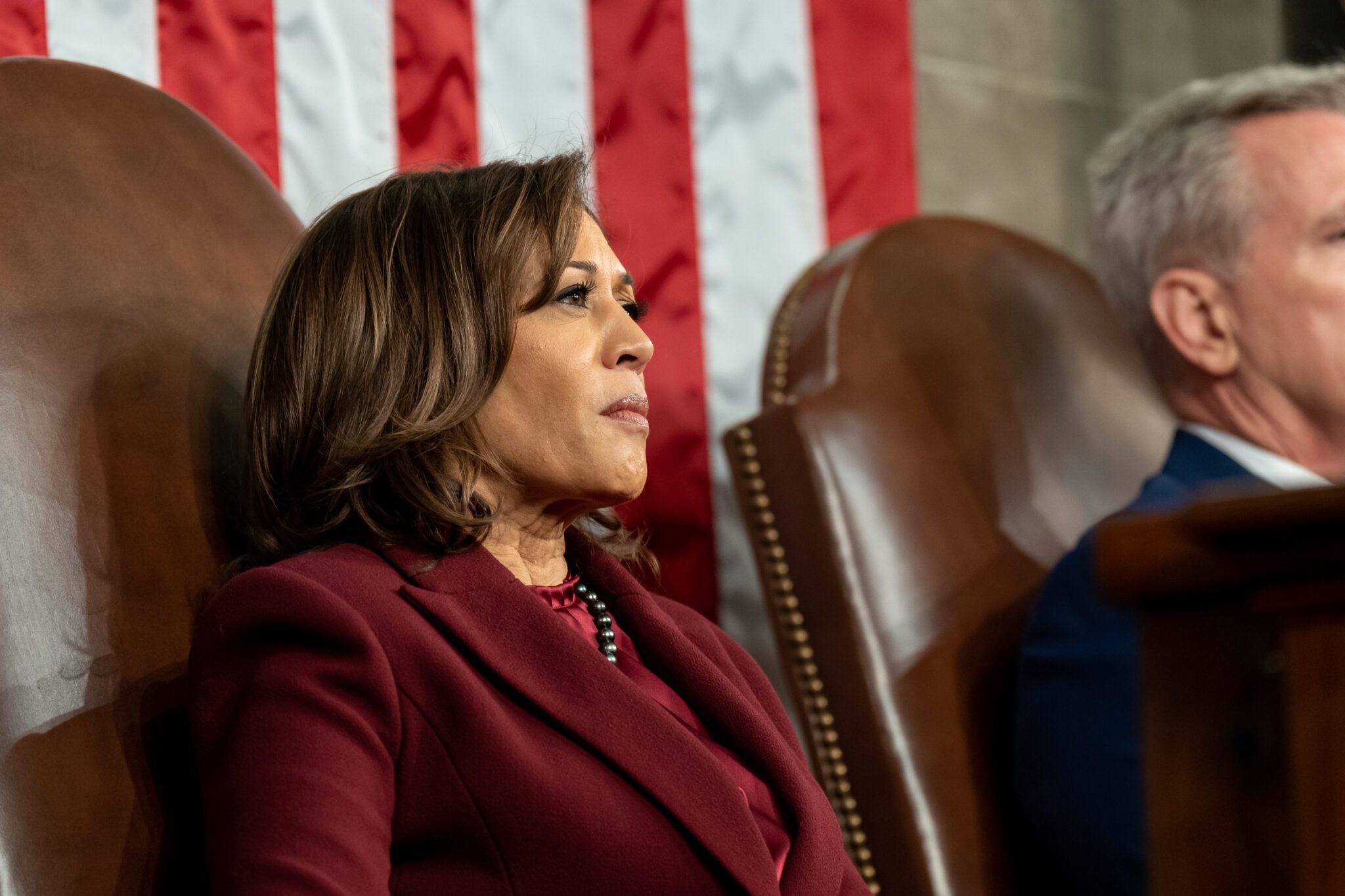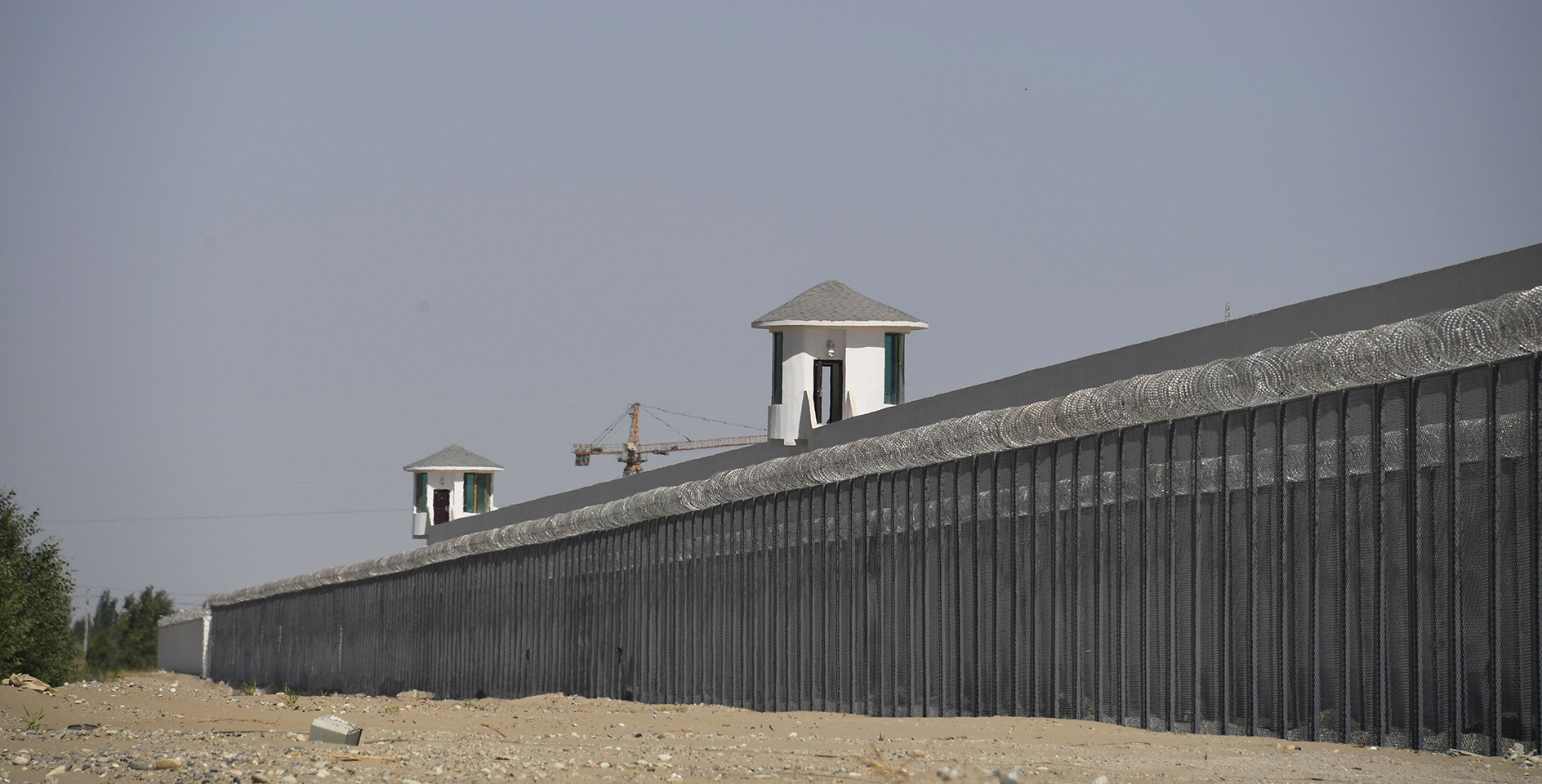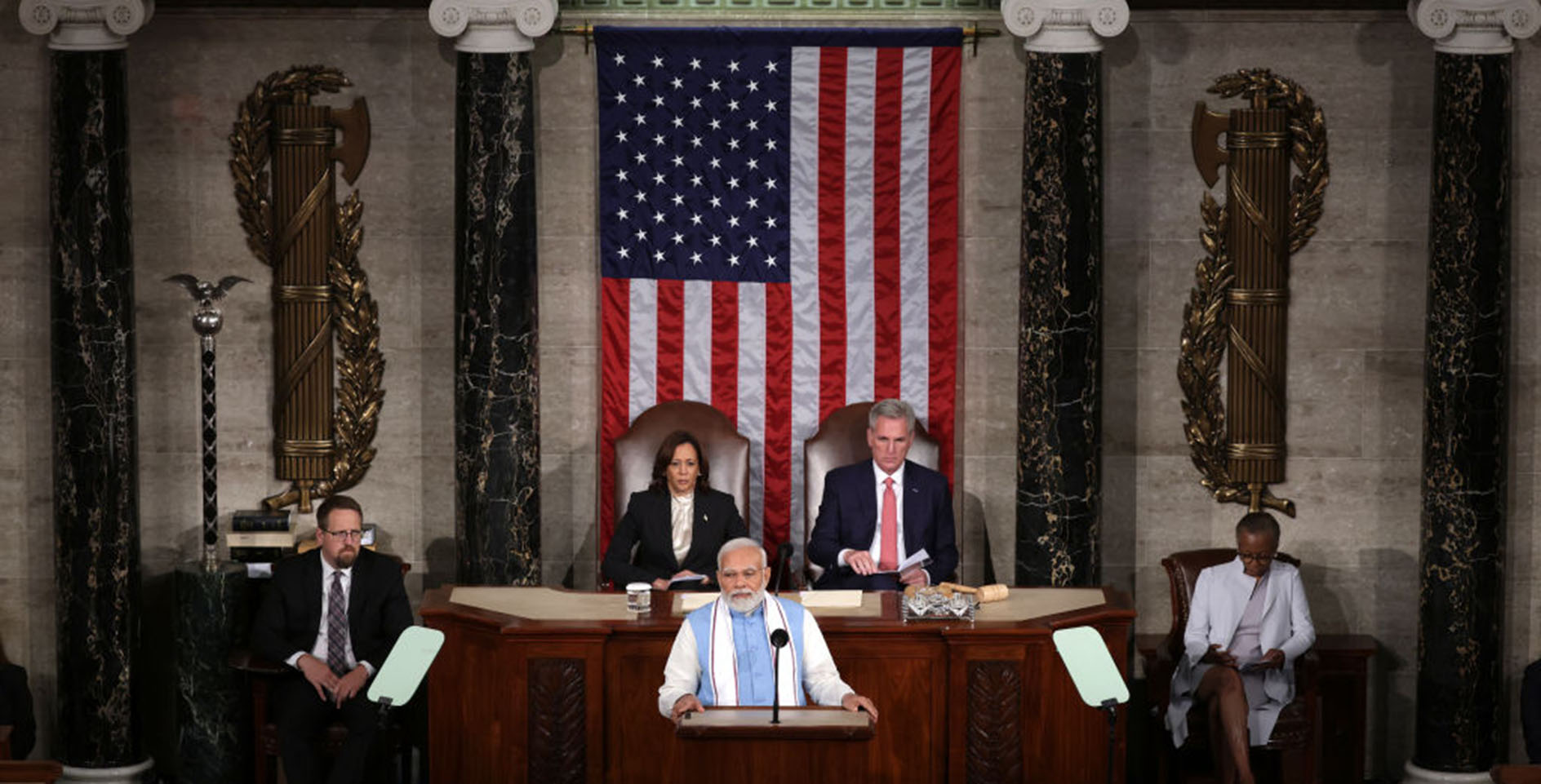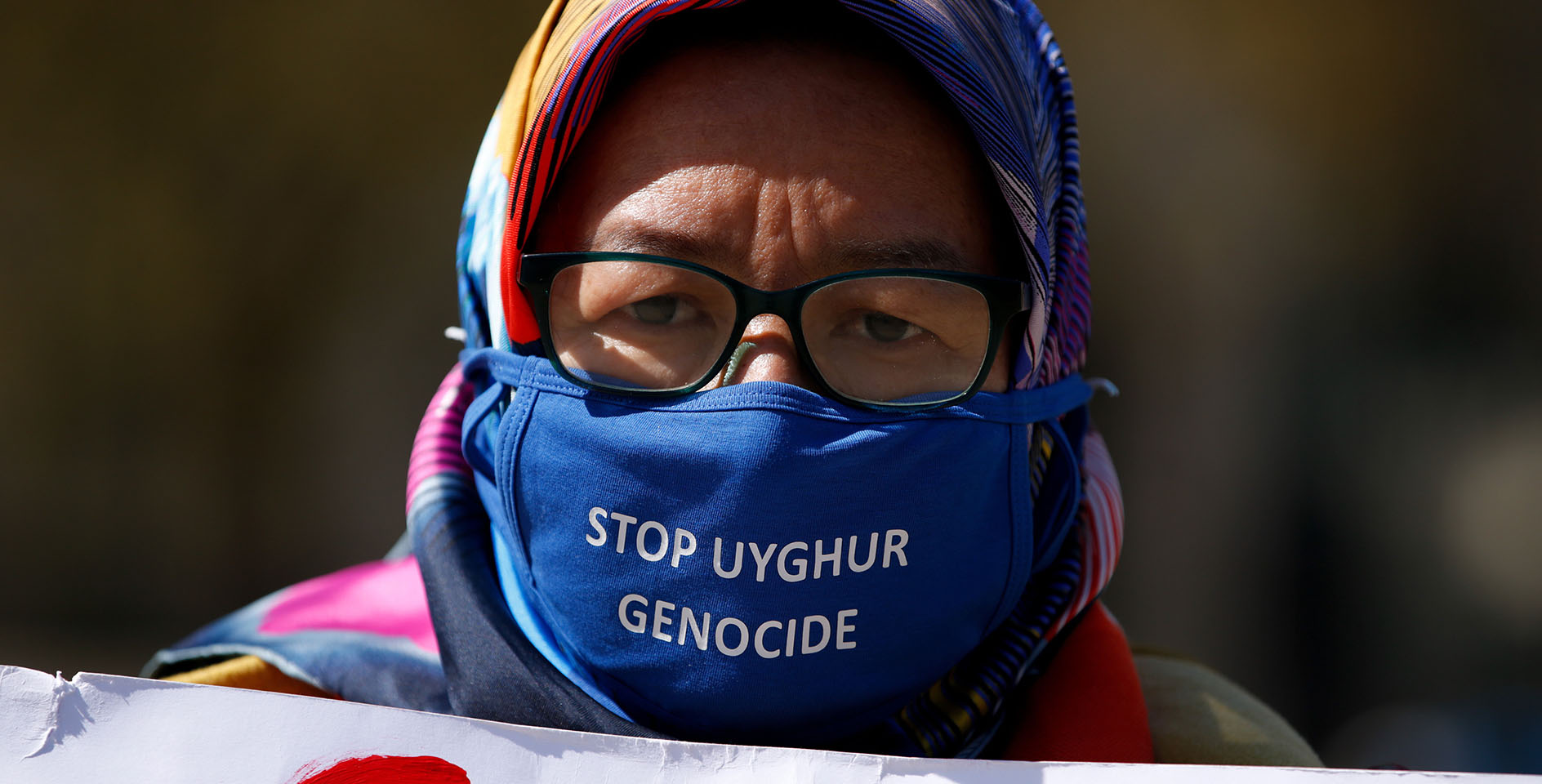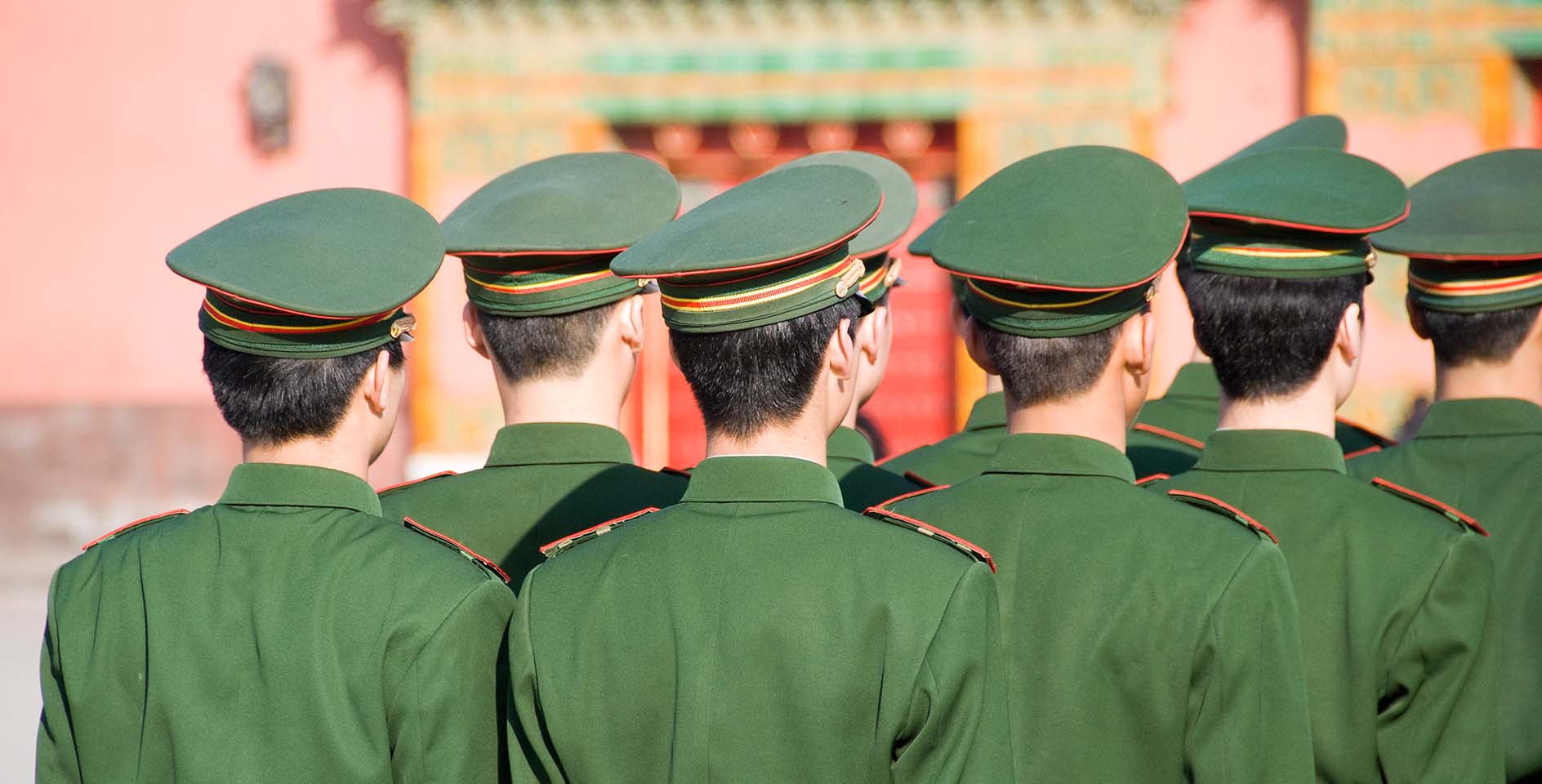Since 2017, the Chinese Communist Party (CCP) has waged a systemic campaign of oppression and persecution against Uyghur Muslims. The state-sanctioned violence has come in Xinjiang Uyghur Autonomous Region (XUAR), China’s western-most territory, where Uyghurs have lived for centuries. The CCP is using totalitarian tactics like pervasive surveillance, thought control, ideological reeducation, forced birth control, and compulsory labor. Many Uyghurs are living a nightmare.
The CCP has forcibly placed an estimated 1.8 million Uyghurs into internment camps and has continued to build new camps. An aspect of the regime’s treatment of Uyghur Muslims that has rightly received an increased amount of scrutiny is how Uyghurs are subjected to compulsory labor. The U.S. Department of Labor released a new report at the end of September documenting global forced labor and specifically highlighting China’s abuses. According to the report, “Estimates range from at least 100,000 to possibly hundreds of thousands of Uyghurs and other ethnic and religious minorities in China who may be working in conditions of forced labor following detention in Chinese Communist Party re-education camps.” China has the world’s second largest economy, but it is the world’s worst perpetrator of forced labor.
China is the world’s largest cotton producer, and the vast majority of those exports come from Xinjiang. For many Uyghurs, the reeducation camps are a launching pad to compulsory labor in this industry. Whether in Xinjiang or throughout China, the CCP is relocating Uyghurs and exploiting them for free or underpaid labor. Because of China’s significant cotton exports, companies that operate in Xinjiang or purchase cotton or clothing from China run the risk of financially supporting the oppression of the Uyghur people. A March 2020 report titled “Uyghurs for Sale” from a non-partisan Australian think tank looks at the supply chains of over 80 international brands in the technology, clothing, and automotive sectors. The report’s findings document how Uyghur workers have been compelled to work in factories that are connected to the supply chains of those global brands.
Forced labor is a violation of U.S. and international law, and it’s illegal for companies to import goods manufactured wholly or in part by forced labor. Recently, the U.S. Customs and Border Protection issued five Withhold Release Orders (WRO) on products from China, including some imports of cotton, apparel, hair products, computer parts, and other goods from China’s Xinjiang region due to the government’s “illicit, inhumane, and exploitative practices of forced labor.”
The U.S. House of Representatives recently passed the Uyghur Forced Labor Prevention Act. This bipartisan and bicameral piece of legislation prohibits goods made with forced labor in XUAR or by entities using Uyghur labor forcibly transferred from the XUAR from entering the U.S. market. This legislation also instructs the U.S. government to impose sanctions against any foreign person who knowingly engages in the forced labor of Uyghurs and other Muslim minority groups in the XUAR.
The Senate should swiftly pass this bill as well and send it to the president’s desk. Our government should ensure America’s markets are not complicit with the CCP’s atrocities against the Uyghur people.
Slavery is a reprehensible part of U.S. history. But as a country founded on the unrealized ideals of human freedom, we have a moral duty to ensure that our economic practices do not support modern-day slavery in any part of the world. Every person is created in the image of God, has innate dignity and worth, and deserves to be treated with respect. We must ensure that our trade policies do not place profits above people.
For far too long, the Chinese Communist Party has financially profited around the world from forced labor from the Uyghur people in Xinjiang. This violation of human rights must be stopped. The U.S. government must continue sending a strong message to the Chinese government that products made through forced labor will not be traded within our shores because this injustice will not be tolerated.
Photo attribution: Greg Baker via AFP / Getty Images
